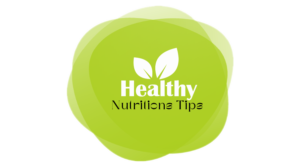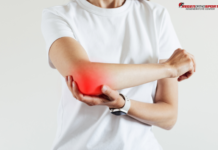Relaxation is an important part of overall health and wellbeing. Learning effective relaxation techniques can help reduce stress, lower blood pressure, promote better sleep, and simply feel more at ease. Science has shown that deliberate relaxation activates the body’s “rest and digest” systems, triggering physiological changes that bring both mind and body into a state of calm.
Deep Breathing Exercises
One of the fastest ways to initiate a relaxation response is through deep breathing. Slow, controlled breathing sends messages to the brain to alter heart rate, blood pressure, and muscle tension. To start, sit or lie in a comfortable position and place one hand on your abdomen. Inhale slowly through your nose, feeling your abdomen rise. Exhale slowly through pursed lips, pressing out as much air as you can while contracting your abdominal muscles. Work up to doing this deep breathing cycle for 5-10 minutes, ideally twice per day. Research has connected regular deep breathing practice with lower levels of the stress hormone cortisol.
Progressive Muscle Relaxation
Progressive muscle relaxation involves systematically tensing and relaxing muscle groups throughout the body. Begin by lying down and taking a few deep breaths. On an exhale, squeeze your right hand into a fist, feeling the tension in your hand and forearm. Hold for up to 10 seconds. Release the fist and feel the muscle tension wash away as you inhale. Repeat on the left side. Work through several muscle groups head to toe in this manner. Studies show that committing to progressive muscle relation for just 10-20 minutes daily can significantly reduce fatigue, headache, and anxiety symptoms.
Mindfulness Meditation
Mindfulness meditation is a relaxation technique rooted in ancient Buddhist philosophy that is backed by considerable scientific research in recent decades. Mindfulness meditation involves sitting quietly and paying attention to the present moment in a nonjudgmental way. This includes noticing physical sensations, thoughts, and emotions without getting caught up in them. Even 5-10 minutes per day can induce a relaxed state. MRI scans reveal that mindfulness practice decreases activity in the amygdala, the brain’s emotional center, while increasing activation of the prefrontal cortex that manages higher order thinking. Over time, mindfulness meditation can help practitioners feel calmer on a day-to-day basis.
Sound Bath Therapy
A lesser-known relaxation technique that is gaining popularity is sound bath therapy, sometimes called a “sound massage”. Participants lay down and listen to calming sounds like tingsha bells, gongs, chimes, voice humming or other instruments for up to an hour. According to the experts over at Maloca Sound, the goal is to let the soothing sounds wash over you, putting the mind and body into a deeply relaxed almost trance-like state. Though more research is still needed, initial studies show sound therapy can slow heart rate, reduce blood pressure and ease both chronic pain and anxiety. With a little persistence, sound baths may induce relaxation even in those who have difficulty quieting mental chatter through silent meditation.
Conclusion
Though techniques vary, the underlying reason these science-backed relaxation methods work comes down to eliciting the “relaxation response”. As opposed to the body’s stress or “fight-or-flight” response, relaxation responses prompt opposite physiological reactions, including lowered blood pressure, heart rate and breathing, and changes in brain waves and calming of nervous system activity. Mastering relaxation techniques provides a way to voluntarily dial down the body’s arousal systems, bringing welcome relief to modern busy lives.
Making the time to practice such methods can counteract the effects of unavoidable stress in everyday life. Incorporating even brief sessions of deep breathing, muscle relaxation, or meditative practice into each day is an investment that pays dividends across all aspects of life.




